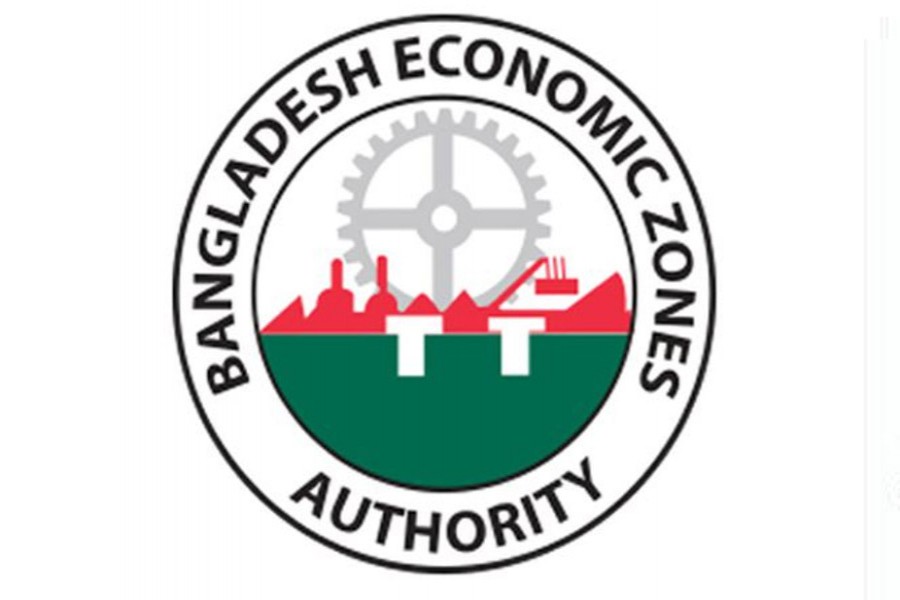The progress of setting up Special Economic Zones (SEZ) has slowed down due to complexities in land acquisition and development activities due to Covid-19.
The Bangladesh Economic Zones Authority (BEZA) was established by law in 2010, with the aim to establish 100 economic zones by 2030 across the country. Special focus would be given to backward and underdeveloped regions to encourage rapid economic development through diversification of industry, employment, production and export'.
The Foreign Investors Chamber of Commerce and Industry (FICCI) in a survey report recently expressed their concern over the slow pace of SEZs project implementation, says a UNB report..
The organisation represents investors from a total of 35 countries. About 90 per cent of the total foreign direct investment (FDI) in the country comes from FICCI members.
The companies have investments in banking, non-bank financial institutions, cement, ceramics, chemicals, construction, housing, consulting, fast-moving consumer goods, gas-electricity, leather and leather goods, clothing and transportation.
According to the FICCI, the government has so far approved 97 zones, comprising 68 public and 29 private economic zones.
However, most of the proposed zones are still in the process of feasibility study, land acquisition and identification of area-based social and environmental initiatives, the FICCI survey report said.
"Progress is being hampered by acute land scarcity and complex land acquisition process. As a result, the work of establishing SEZs is facing problems," the report said.
Rupali Chowdhury, former president of FICCI and now vice-president of Bangladesh Economic Zone Investors Association, said that infrastructure development needs to be done quickly.
Besides, the existing rules need to be at least compatible with the neighbouring countries. The GST is not levied in many zones in India. In Bangladesh, only corporate taxes are being reduced. Bangladesh's economic zones need to be competitive with India and Vietnam, she said.
Only lower labour costs will not be enough to attract foreign direct investment, she said.
Although the BEZA does not agree with the observation of FICCI, the officials of BEZA are unable to counter these claims satisfactorily.
Establishing an economic zone, they say, takes time. It takes a year to verify the feasibility. This work is not wasted, but rather part of the process. Government and non-government organisations do the work. The tender process takes a lot of time. It also takes time to formulate development project proposals and to approve them, they said.
In some cases, the Department of Environment has objected. Besides, in many cases, there is no response from the entrepreneurs, sources said.
Sheikh Yusuf Harun, executive chairman of BEZA and retired senior secretary, told UNB that despite the time taken, it cannot be said that there is no progress in establishing economic zones.
So far, there has been more progress in feasibility study, activities are ongoing in 48 areas for SEZs. Some of these feasibility studies are in progress, some regions are ready, and some projects have DPPs ready for ECNEC (Executive Committee of National Economic Council) approval, he said.
"It takes time to build an economic zone, it cannot happen overnight. However, BEZA is working, many steps are being taken. It takes time to follow such systematic and procedural issues," Harun said.


